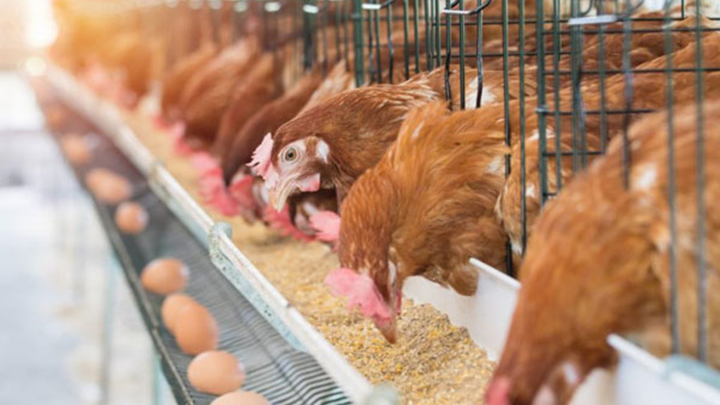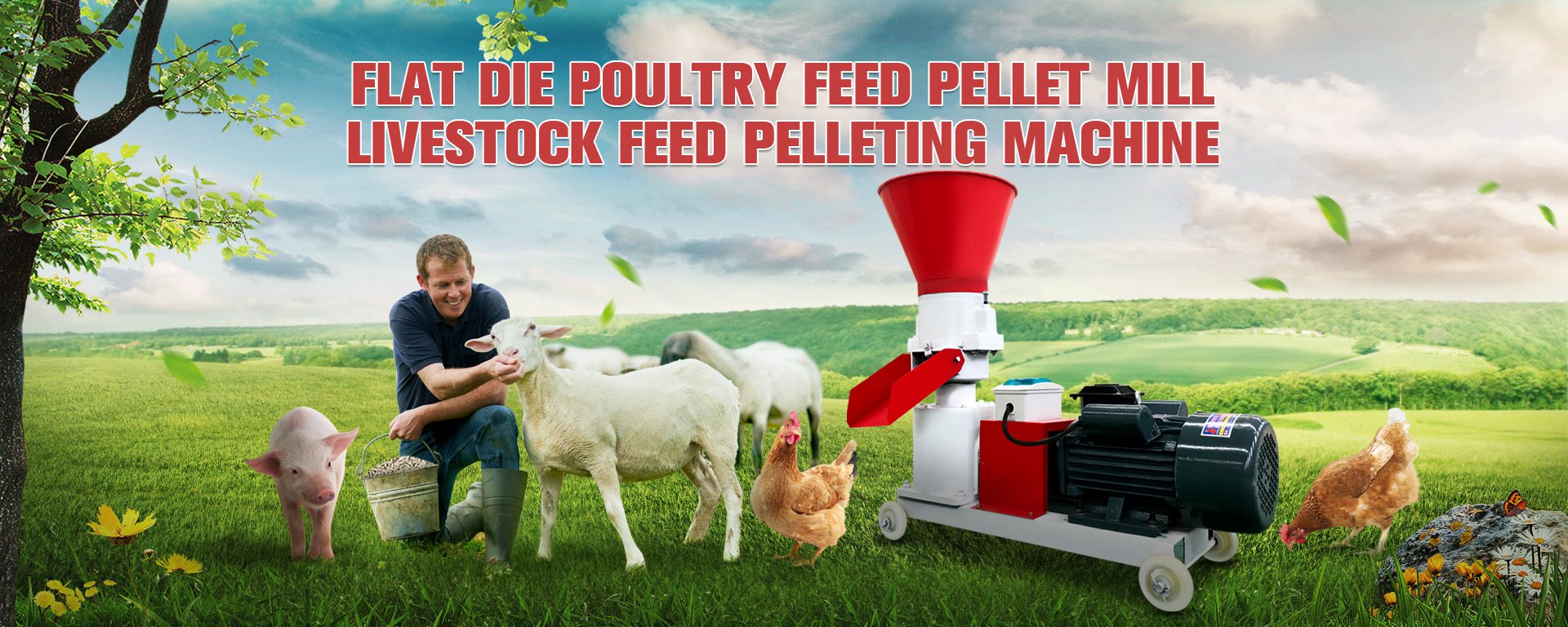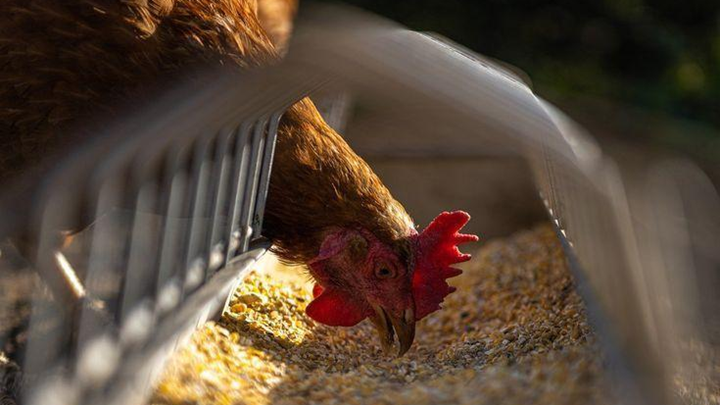Are you concerned about establishing your own poultry farm? Appreciative! You can make it happen definitely, but all you need to know is the basics of all the parameters involved in it. So, to assist you in this task, this article will unfold every aspect involved in the poultry farming business covering its requirements, planning, challenges, etc. So keep learning!
1) What is poultry farming?
“Poultry farming is an activity whereby people keep birds such as chickens, ducks, turkeys, and geese in large numbers either for eggs, meat or for sale.”
In agriculture, poultry farms act as a major source of protein worldwide. Birds and animals on poultry farms receive good housing, feed, and water, along with general care that ensures they don’t fall sick or die young.
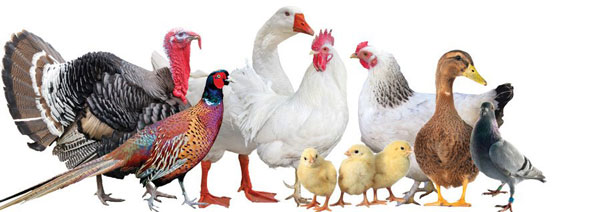
Broiler production is the most common type of chicken farming where meat production is the main goal while layers are usually kept only for egg laying. This poultry business is so versatile that you can do it at small scale in your backyard or on a large commercial basis.
To gain from poultry farming, one must take into account many obligations; such include having a healthy surrounding, preventing diseases and making sure that they have enough room for movement. Besides this modern poultry farms always employ high-tech approach in bird health monitoring plus optimization of production.
2) What are the requirements for poultry farming?
A new business starts from scratch; not every time, things go smoothly without some prerequisites, so you must be aware of when trying to make your business grow. To help you out, here we will discuss some important things that you need to consider when starting this kind of animal husbandry business;
Land and Infrastructure: When selecting a plot, for example, things like appropriate zoning, accessible locations, and close proximity to markets should be considered. It should also have a structured design where optimum temperature and relative humidity can be easily maintained.
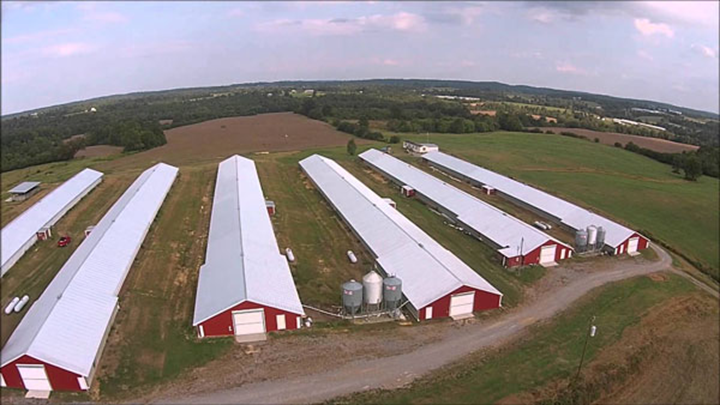
Water Supply: The availability of clean water all the time is very essential for the healthiness and productivity of poultry.
Environmental Control: Always care about airflow inside the houses, making them more comfortable for the birds. Moreover, adequate manure management systems are needed to minimize environmental impacts caused by waste material from these firms.
Equipment and Tools: Such as nesting boxes, lighting systems or even perches among other things which have to be incorporated into a chicken house. Sanitizers or disinfectants, brushes, vacuum equipment, etc., are used to maintain hygiene standards when handling chicken pens.
Regulatory Compliance: You are required to get a know-how about agricultural laws, and obtain licenses/permits from local authorities. You know obedience to animal rights protection principles is mandatory.
Market Strategy: Before starting this business, it is important to outline a strategy for selling poultry products. And, this strategy must include price strategies, target markets, and channels of distribution.
3) Poultry farming business plan- How do you start?
Well, planning is the key to success. Until you don’t trace your plan, everything seems blurred. So, before starting a poultry farm business, you should make a solid plan by keeping in mind each and every step involved.
1) Search about the market: A thorough market research can help you know about the demand for poultry products in their area. Find out who your customers are, along with those who compete with you. For example, would you rather concentrate on egg or meat production?
2) Outline your objectives: Make strategies, and outline client base and financial projections in a detailed business plan. Also, Include details on the type of poultry (broilers or layers), scale of operation, etc.
3) Location: Alright! Then choose an appropriate farm location that has enough space, a good road network, and reliable necessities supply. Apart from this, ensure that the birdhouses are well-ventilated, spacious, and predator-proof.
4) Capital Investment: Well, capital management plays a leading role in determining the chances of success of your business. So, pre-determine how much money you will need to start the business; land, buildings, equipment, feed chicks, and labor. To be honest, also keep an account of whether the sources of finance would be personal savings, loans from banks, or investments by others, etc.
5) Purchase of Birds and Equipment: You should buy high-quality chicks from reputable suppliers. Apart from this, key assets like feeders, waterers, incubators, heating systems, ventilation fans, etc. can be obtained. Generally speaking, you can use automated systems to improve productivity while lowering labor costs.

6) Feeding and Nutrition: Develop a feeding plan for your birds that ensures they receive a balanced diet. Always purchase quality feeds and keep clean water always available for them.
7) Health Management: You should make a routine health program that includes regular vaccinations against common diseases, parasite control measures, and biosecurity protocols, along with maintaining good sanitation to prevent diseases from spreading in chicken housing.
8) Staffing: Employ qualified staff who will run daily activities at your farm This can involve training employees on aspects such as bird care, bird management, feeding, etc.
9) Marketing and Sales: Create a market strategy for your product; you can do this through establishing partnerships with local retailers, restaurant wholesalers, etc.
10) Record Keeping: It is necessary to keep detailed records showing expenditure income flock health performance trends so as one can evaluate what has been achieved make the best decisions possible whenever they arise or even plan ahead.
4) What are the challenges in poultry business startup
As the poultry business includes living beings, it could become a bit challenging if you don’t have vital information about poultry maintenance. So, let’s converse about the most common challenges in starting a poultry business so that if you ever start your own poultry farm, you be ready to tackle it well.
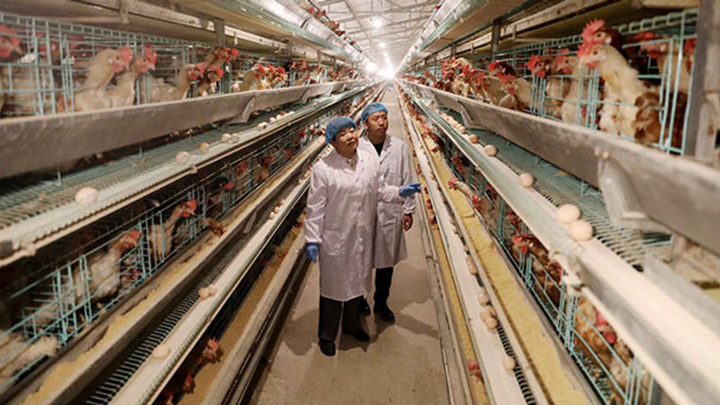
1. Initial Investment: Managing initial cost could be a bit daunting, you know, there is a need for an initial capital outlay on infrastructure, equipment, and purchasing birds and chicks, etc.
2. Disease Management: Avian Influenza and Newcastle Disease have been documented as ordinary poultry diseases. To avoid these risks, effective control measures (vaccination, hygiene maintenance, and biosecurity protocols) should be put in place., which can pose some extra expenditures for you.
3. Market Access: It may be difficult to locate reliable markets where eggs or broilers can be sold by new businesses.
4. Environmental Impact: Waste management processes should help get rid of any bad smells caused by livestock.
Optimizing Feed Production for Your Poultry Farm
One of the key aspects of starting a successful poultry farming business is ensuring that your poultry receive nutritious and well-balanced feed. Investing in high-quality feed production equipment, such as the Lima Poultry Feed Pelletizer, can significantly improve feed efficiency and help manage costs. The Lima Poultry Feed Pelletizer processes raw ingredients into uniform pellets, which are easier for poultry to digest, leading to better growth and healthier birds. By controlling the size and nutritional content of the pellets, you can optimize feed formulations for different stages of poultry development. This machine not only saves time but also boosts production capacity, making it an excellent choice for both small and large-scale poultry farms aiming for sustainable success.
5) Conclusion
Although poultry farming is so beneficial, improper knowledge can lead to heavy losses ( because it involves living species that require proper living conditions). So first, try to fulfill the above-described requirement and make a well-organized plan, after that, we hope no one will be able to restrict your success. Wish you luck!

